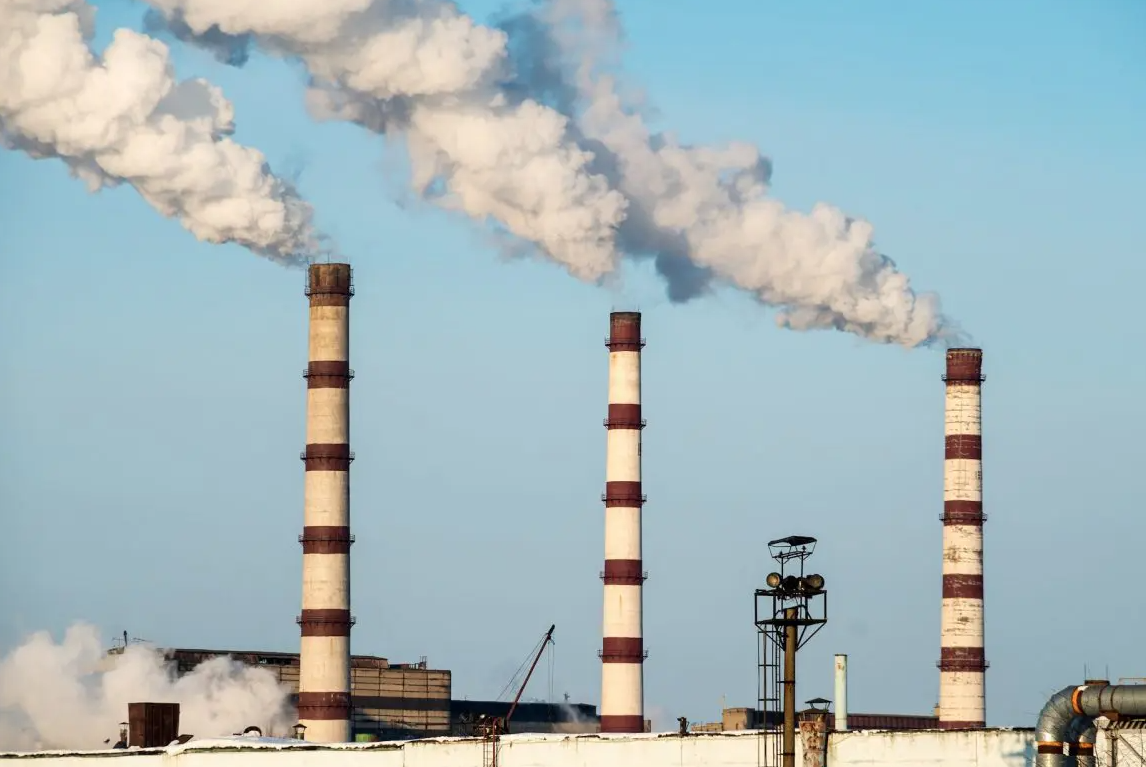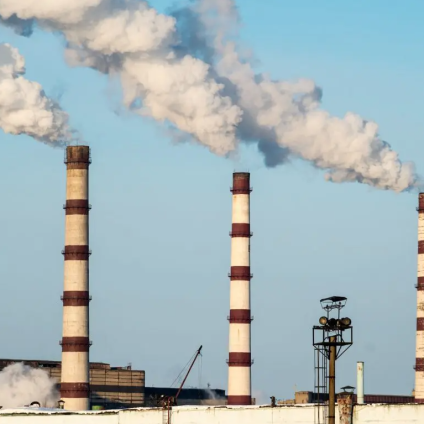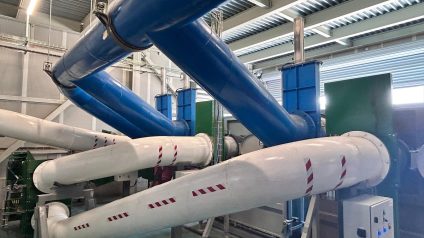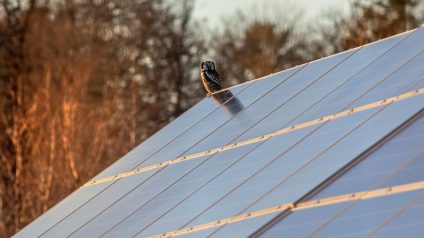Last May, India suggested blocking coal, finalizing only the power plants already in pipeline, in all 28 new GW. Now, from now until 2032, it plans an expansion of 53.6 GW, in addition to the 26.4 GW that are already under construction.
New Delhi plans 53.6 new GW of coal-fired power plants by 2032
(sustainabilityenvironment.com) – In 2024 India will add 13.9 GW of installed coal capacity. A leap four times greater than the average of the last five years. And counting also the coal-fire power plants that will be commissioned in the first half of 2025, the total rises almost to 20 GW. New Delhi in 2023 – a year in which it had already accelerated – installed “just” 4 new GW.
Numbers that are poorly reconciled with the narrative of India as a rising star of renewables. The country missed the clean energy targets for 2022 (+175 GW renewable) but last year it installed 15 GW between photovoltaic and wind, and the government relaunched proposing last May a plan of almost 400 new GW between energy from the sun and wind by 2032.
India’s plans for coal-fired power plants
Today, however, coal still occupies 70% of the country’s electricity mix and, even if plans on renewables were completed in time, by the end of the decade the share of the most polluting fossil source would still be above 50%. Not only. Already with the 2023 coal-fired power plant boom, coal-fire power generation grew 14.7%, surpassing for the first time since 2019 the growth of renewable generation, which stopped at 12.2%. A trend that should be expected to last, at least in the short term, given New Delhi’s intentions on the expansion of coal-fired power plants over the next 18 months.
read also Coal power plants, we have to close them 4.5 times faster
Not only. Also last May, India suggested the hypothesis of blocking coal, finishing only the plants already in the pipeline, in all 28 new GW. Now, from now until 2032, it plans an expansion of 53.6 GW, in addition to the 26.4 GW that is already under construction. Coal-fired power plants already account for more than 50% of the country’s total installed capacity with 428.3 GW.













